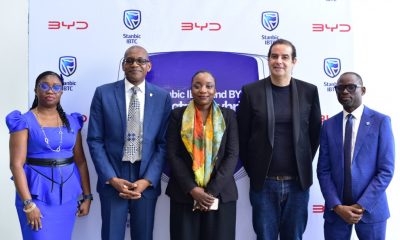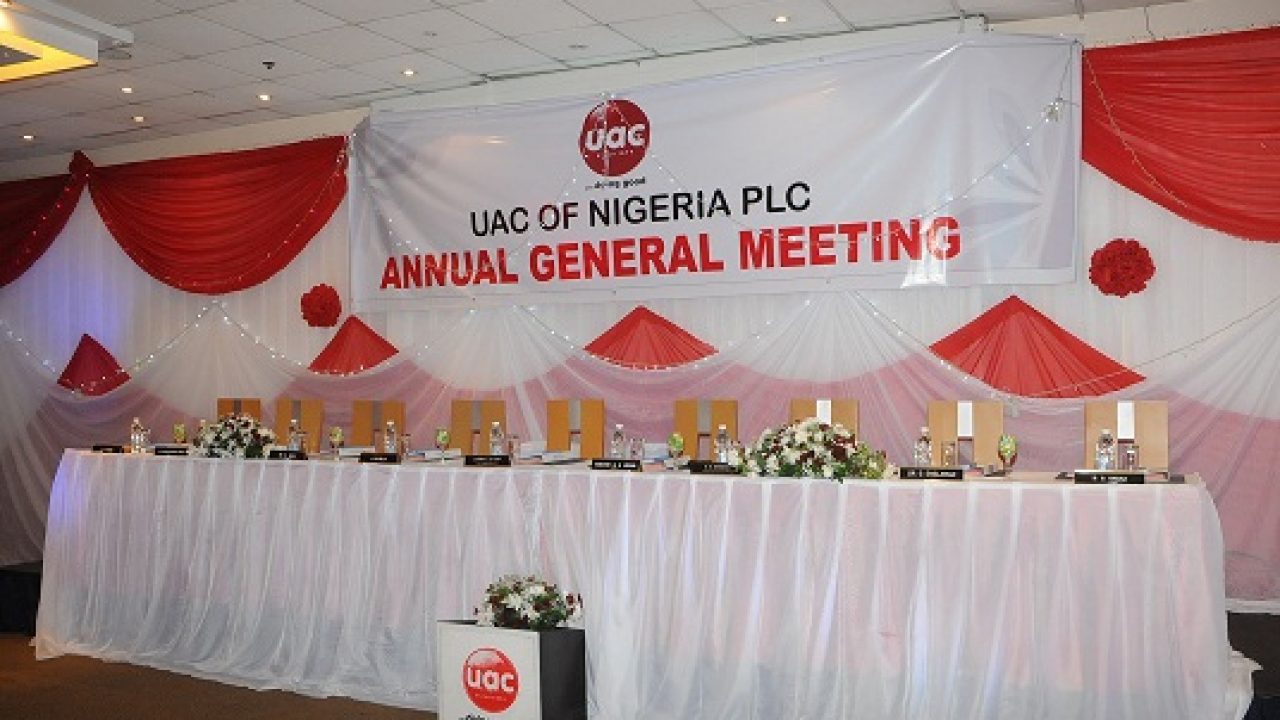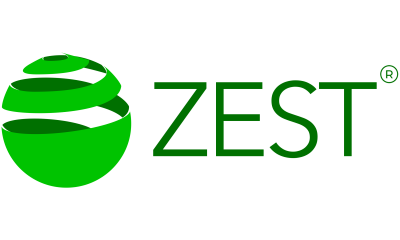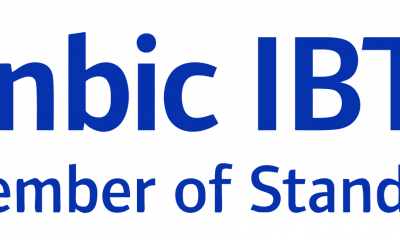Banking
Stanbic IBTC Anchors Sustainability Strategy on Four Pillars
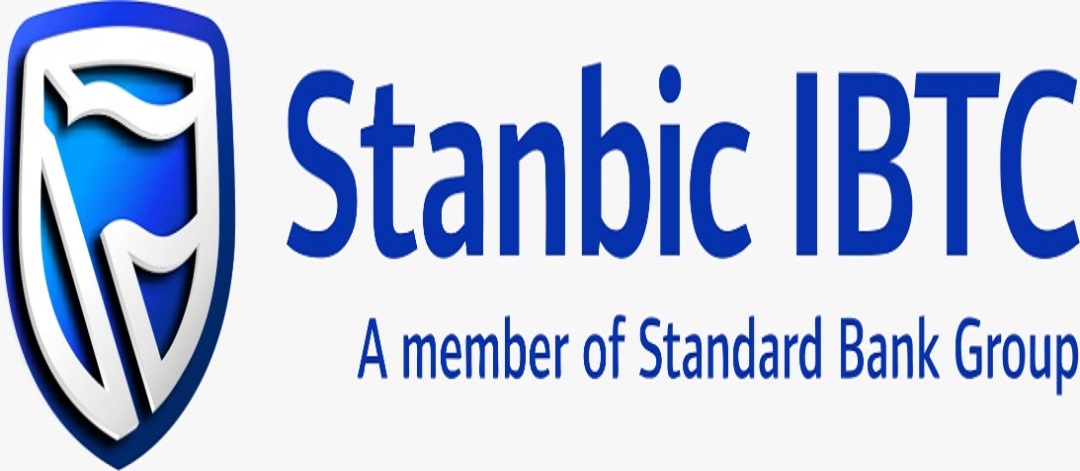
**Cuts Carbon Emission by 1.67 tonnes
By Dipo Olowookere
In order to improve societies for humanity and advance sustainable development, the United Nations (UN) came up with some Sustainability Development Goals (SDGs), which countries, organisations and others were advised to key into.
As a responsible corporate firm, Stanbic IBTC Holdings Plc, a member of Standard Bank Group, came up with a strategy to achieve these goals.
The company designed its sustainability strategy and anchored it on four pillars; building environmental resilience, expanding business model and innovation, enhancing social relationships, and strengthening leadership for sustainability governance.
These sustainability pillars are aligned with the Nigerian Sustainable Banking Principles.
Recently, Stanbic IBTC released its 2020 Sustainability Report and it highlighted its environmental, social and governance (ESG) practices, which cut across corporate social investments (CSI), environmental and social risk management practices, and performance.
The report also highlighted the progress Stanbic IBTC had made across the four sustainability pillars, and seven Social, Environmental and Economic (SEE) impact areas wherein the group had confidence in achieving significant outcomes.
It further reflected that Stanbic IBTC made significant carbon emission savings, and reduced its total carbon emission by 1.67 tonnes in 2020. Hybrid solar systems were deployed in its branches and off-site ATMs.
Additionally, a 30 per cent reduction in paper use was achieved in its Go-Green branches initiative that contributed indirectly to a decrease in tree-felling for paper production.
Stanbic IBTC conducted waste audit exercises across three head office campuses to quantify the amount and types of waste generated at the locations for better waste management insight.
As part of the group’s sustainability governance in the year 2020, Environmental and Social Risk awareness training was conducted to educate its staff on the importance of Environmental and Social Risk management.
In the year, Stanbic IBTC and its parent brand, the Standard Bank Group, partnered with UN Women to promote women’s economic empowerment through climate-resilient agribusiness.
Over 3,000 entrepreneurs were trained in business sustainability. New School Money, an initiative on financial literacy for young people, was also shown to have impacted the lives of young people.
It was revealed in the report that a total of N109.4 million was donated under its employee volunteerism scheme and was channelled towards its three CSI pillars: health, economic empowerment, and education to help achieve qualitative healthcare and education, and sustainable economic empowerment.
Other initiatives aligned to the SDGs included a partnership with GB Foods to boost productivity and the donation of foodstuff to charitable organisations in the fight against hunger.
Stanbic IBTC also helped provide medical facilities and supplies to hospitals and community health centres in terms of health and wellness.
At the same time, efforts in curtailing the coronavirus pandemic cost the organisation over N345 million in funds and relief material donations.
Other initiatives included the donation of educational facilities to different schools and learning centres and the award of scholarships to exceptional students across the country.
In support of gender equality, Stanbic IBTC established lactoriums in its offices to help working mothers’ transition back to work after maternity leave, and thus enhanced the inclusion of females in the workplace.
Furthermore, at the outset of the COVID-19 outbreak and lockdown, Stanbic IBTC put a debt relief programme in place to alleviate the potential cash flow constraints its clients faced due to the pandemic. Forbearances were granted to clients on a total exposure of N78 billion as at 31 December 2020.
“The Sustainability Report has highlighted our shared values in 2020 and is expected to help our key stakeholders better appreciate our long-term priorities to ensure financial, social, and environmental sustainability in our business operations.
“Our sustainability ambition is to become the leading financial institution driving sustainable finance solutions in Nigeria, and we have defined a sustainability strategy that is anchored on four pillars to achieve this,” the CEO of Stanbic IBTC, Mr Demola Sogunle, stated.
“As the leading end-to-end financial services organisation, we have a duty to set the standard in the way we address environmental, social and governance issues.
“We are proud to report that we are making significant progress, and we will continue to build on our 2020 milestones,” he added.
Banking
Senate Seeks Stronger CBN Oversight in Fintech Regulation
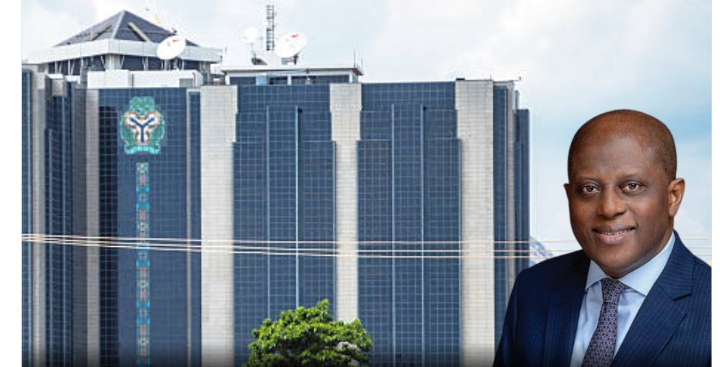
By Adedapo Adesanya
The Senate has called for a strengthened regulatory framework that positions the Central Bank of Nigeria (CBN) at the centre of oversight of the country’s fast-growing fintech sector.
The recommendation was made by Chairman of the Senate Committee on Banking, Insurance, and Other Financial Institutions, Mr Adetokunbo Abiru, during a one-day public hearing at the National Assembly complex on Wednesday.
The event focused on the proposed amendment to the Banks and Other Financial Institutions Act (BOFIA) 2020 (SB. 959) and included an investigative session into fraudulent investment platforms, notably the recent Crypto Bullion Exchange (CBEX) incident.
Mr Abiru, who is a former Group Managing Director of Polaris Bank and Executive Director at First Bank Nigeria, emphasised that fintechs, including mobile money operators, digital lenders, payment platforms, and settlement companies, have become systemically important to Nigeria’s financial ecosystem.
While their growth has expanded financial inclusion, existing laws, he said, do not fully address the scale, data sensitivity, and systemic impact of these technology-driven institutions.
“The question has arisen as to whether a new standalone regulatory agency would be preferable for supervising fintechs,” Mr Abiru said.
“However, creating a separate agency would duplicate functions, fragment oversight, and increase bureaucratic costs. It is far more effective to strengthen the BOFIA framework, modernise CBN supervisory powers, and mandate coordination with key agencies such as the Securities and Exchange Commission, Nigerian Communications Commission, Corporate Affairs Commission, Federal Competition and Consumer Protection Commission, and the Office of the National Security Adviser,” he added.
The lawmaker proposed that the amendment should explicitly empower the CBN to designate qualifying fintechs as Systemically Important Institutions, establish a national registry for transparency and beneficial ownership disclosure, and strengthen risk-based supervision tailored to technology-driven financial services.
Beyond fintech regulation, the Senate intensified scrutiny on Ponzi schemes and fraudulent investment platforms.
Mr Abiru described the rising prevalence of such schemes as a threat to financial stability and public trust, citing the CBEX debacle, which reportedly caused severe financial losses to individuals across Nigeria, including professionals, traders, students, and retirees.
Banking
Zenith Bank Deepens Engagement Around Women’s Empowerment, Others

By Modupe Gbadeyanka
Monday, March 9, 2026, has been fixed by Zenith Bank Plc for its annual International Women’s Day seminar in Lagos.
The event is part of activities lined up to commemorate the 2026 International Women’s Day, themed Give to Gain.
The theme prepared for Zenith Bank’s programme is Take it, You Own it, and was designed to deepen meaningful engagement around women’s empowerment, leadership, and sustainable impact.
The workshop will include segments focused on leadership insight, professional empowerment, wellbeing, and collaboration, offering attendees opportunities to engage deeply with thought leadership and practical strategies for advancing equity.
With a carefully curated programme spanning keynote addresses, panel conversations, Q and A sessions, and creative interludes, Zenith Bank’s 2026 International Women’s Day Seminar promises to be a catalyst for meaningful action.
“International Women’s Day is a reminder that progress requires intentionality.
Give to Gain speaks to the responsibility institutions have to create real opportunities, while our theme, Take It, You Own It, challenges women to step forward boldly and lead.
“At Zenith Bank, we are deliberate about building environments where women are supported to grow, thrive, and shape outcomes, not only within our institution but across the communities and industries we serve,” the chief executive of Zenith Bank, Ms Adaora Umeoji, stated.
Over the years, the lender’s International Women’s Day initiatives have brought together women leaders, professionals, entrepreneurs, and emerging talents for dynamic dialogue, inspiration, and shared learning around gender equity, professional growth, and inclusive opportunity.
More than a commemorative gathering, the 2026 seminar is designed as a convergence of influence, insight, and inspiration, bringing together accomplished women and progressive leaders across business, governance, creative industries, technology, and social impact.
Banking
Ecobank Accelerates Growth for Women Entrepreneurs With Enhanced ‘Ellevate’ Programme
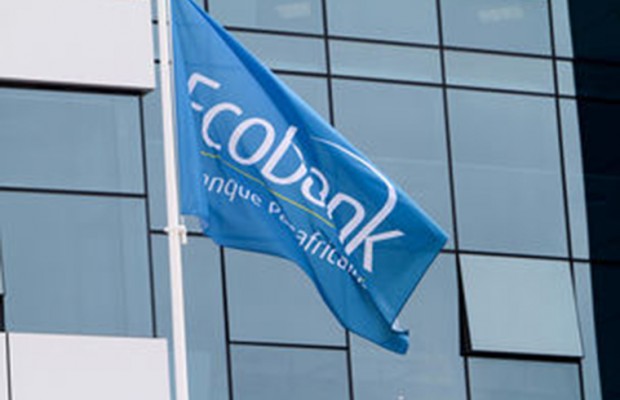
By Modupe Gbadeyanka
As part of activities commemorating International Women’s Day 2026, Ecobank Nigeria has improved its multi-award-winning gender financing initiative, Ellevate by Ecobank.
Originally launched to improve access to finance for women-owned, women-led, and women-focused small and medium-sized enterprises (SMEs) within its commercial banking segment, the enhanced Ellevate programme now adopts a broader, more inclusive structure.
The new framework extends across all business segments, positioning Ellevate as a comprehensive ecosystem designed to address the structural financing and growth barriers faced by women entrepreneurs.
The upgraded programme reinforces the bank’s long-term commitment to advancing women-led enterprises in Nigeria and across Ecobank’s pan-African footprint.
Under the expanded structure, beneficiaries will enjoy improved access to credit on competitive terms, including more flexible collateral considerations aimed at easing traditional financing constraints. Beyond lending, the programme integrates digital payment, collections, and cash management solutions to enhance operational efficiency and support scalability.
A core pillar of the enhancement is structured market access. Through the bank’s MyTradeHub online matchmaking platform and e-commerce enablement capabilities, women entrepreneurs will be better positioned to connect with customers and trade partners across Africa, facilitating cross-border expansion and participation in regional value chains.
The initiative also incorporates robust non-financial support mechanisms, including targeted training programmes, leadership development sessions, and knowledge-sharing platforms to strengthen managerial capacity and long-term sustainability.
This is complemented by access to customised wealth management advisory services, integrated insurance solutions, and a loyalty framework offering commercial incentives through select retail and lifestyle partnerships.
“Since its launch in Nigeria in July 2021, Ellevate has delivered meaningful impact for SMEs and women-led businesses.
“This next phase deepens our value proposition and reinforces our resolve to remain the preferred financial partner for women entrepreneurs,” the Managing Director of Ecobank Nigeria, Mr Bolaji Lawal, said.
“African businesswomen deserve world-class banking solutions that drive turnover, profitability, and sustainable growth. Our approach goes beyond financial inclusion to building an enabling ecosystem that enhances competitiveness and long-term resilience,” he added.
He further highlighted that Ecobank Nigeria consistently hosts flagship platforms such as Adire Lagos, Oja Oge, +234Art Fair, the Lagos Pop-Up Museum, SME Bazaar, and the Design & Build Exhibition, which provide prominent opportunities for showcasing and elevating women-owned businesses.
-

 Feature/OPED6 years ago
Feature/OPED6 years agoDavos was Different this year
-
Travel/Tourism10 years ago
Lagos Seals Western Lodge Hotel In Ikorodu
-

 Showbiz3 years ago
Showbiz3 years agoEstranged Lover Releases Videos of Empress Njamah Bathing
-

 Banking8 years ago
Banking8 years agoSort Codes of GTBank Branches in Nigeria
-

 Economy3 years ago
Economy3 years agoSubsidy Removal: CNG at N130 Per Litre Cheaper Than Petrol—IPMAN
-

 Banking3 years ago
Banking3 years agoSort Codes of UBA Branches in Nigeria
-

 Banking3 years ago
Banking3 years agoFirst Bank Announces Planned Downtime
-

 Sports3 years ago
Sports3 years agoHighest Paid Nigerian Footballer – How Much Do Nigerian Footballers Earn






